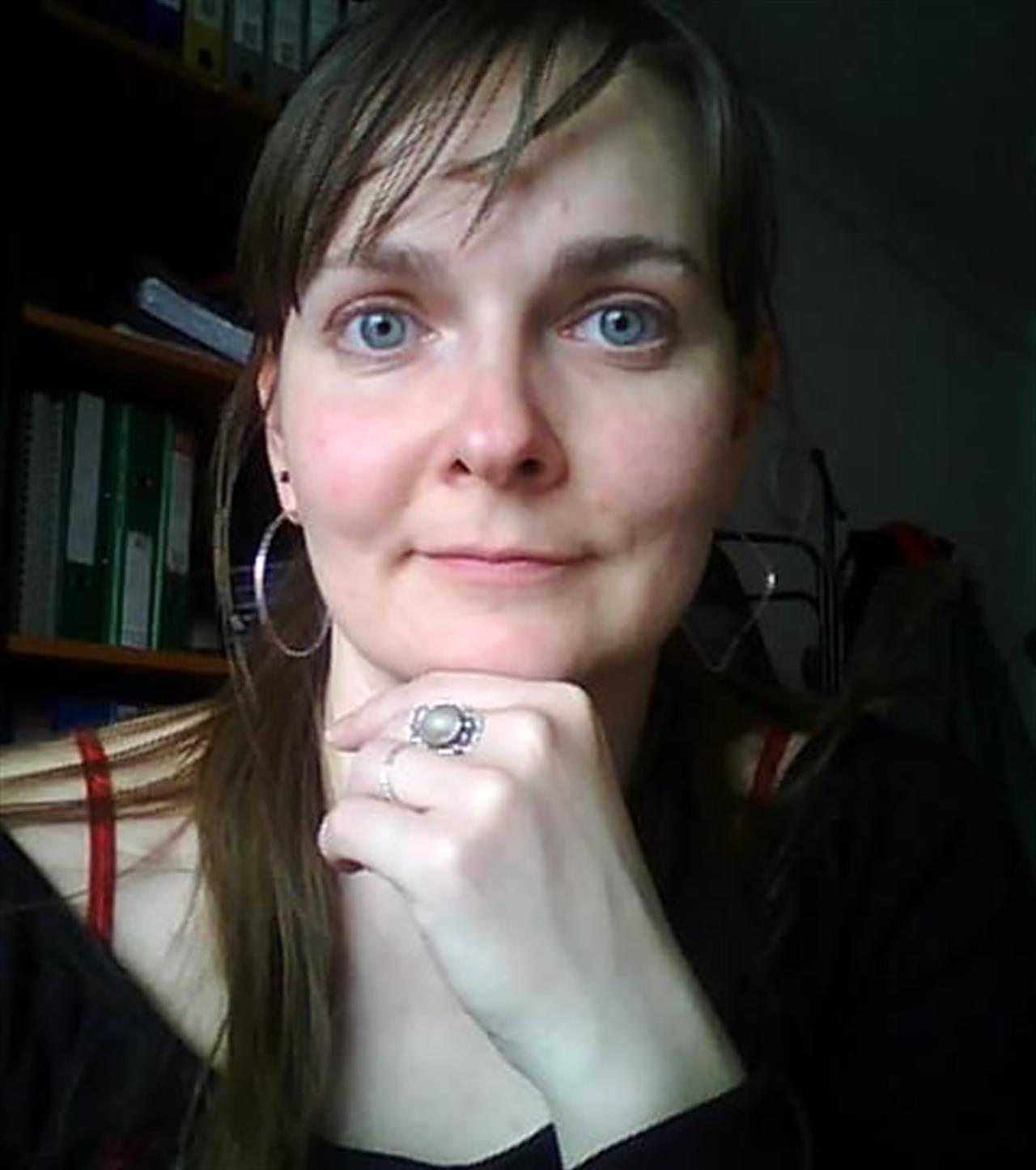Barbara Eros is a cultural anthropologist active in the Hungarian third sector.
She is currently the strategic program officer of the Foundation for Development of Democratic Rights (DemNet Hungary), doing lobby and advocacy work for international development matters in Hungary.
DemNet was established in 1996 by USAID. Just two years later, USAID left the region and the majority of its offices in the region shut down. DemNet, thanks to its dedicated staff, did not.
After focusing on civil society development for years, DemNet is now under a strategic transformation.
“We have seen that civil society is changing and the world is changing. There is a global crisis and civil society needs to reidentify its role and responsibilities.”
Eros shares her thoughts on where Hungarian civil society is headed.
What did civil society look like in 1990, when Hungary became a democracy?
It was the flourishing. There was a big increase in the number of organizations, but the quality of operation has always been a big question and sustainability a big challenge. It’s really difficult when there is no culture of private donations in a country.
What was DemNet’s role?
The focus was on capacity building of civil society organizations in Hungary through grant management and technical assistance. Throughout the ‘90s we also had visitors from the Western Balkans and ex-Soviet countries who came to learn about the transition process.
Hungary was seen as a model?
Once we referred to the transition here as a great experience, especially the development of civil society. It was something to be shared with neighboring countries.
And now?
It’s only been 20 years since people started to act like democratic citizens in Hungary. Now, we try to be reflective and critical. In 20 years, we managed to build up democratic institutions. The system is there and people can use it. But, what is still lacking after 20 years is the consciousness of citizens about their rights and their ability to exercise those rights. This is why DemNet has changed its strategy.
What does the new strategy entail?
There is a global crisis. Hungary has undergone a complete economic collapse and civil society was hit especially hard. This is a real challenge – civil society needs to find new ways to access resources, it needs to be restructured. One of the key questions we would like to address is how to reidentify civil society. The 2nd is how to help organizations diversify their income. In the past, we were more concentrated on strategic development, but civil society has changed.
How so?
In the 1990s, it was prestigious to establish NGOs and it was a huge task to build up such a valuable sector. Horizontal growth seemed to be the answer to everything, but now this euphoria has dissipated. The aim is not longer to establish organizations, but instead to identify social problems and find the sustainable form of any organization in order to solve them. This is a major change in the function of civil society and the function of people.
With all these changes, what should civil society’s new identity be?
There is no right answer. Under socialism, we were closed, we had some external relations, but only with socialist countries. People weren’t traveling. But, then the borders opened and after civil society was built up, it had to learn to identify itself not only as a Hungarian actor, but also has a European actor and now as a global actor. The main challenge for the whole third sector is to have an identity as a global actor.
Why now?
With globalization and the global crisis, it’s like a 2nd transition for Hungary. Twenty years ago we had a transition – quite deep – and it seems now another transition is on our neck. It is necessary because we need to deal with climate change and the financial crisis and find out how to set up more sustainable financial mechanisms.
Is civil society ready to take on a new role? Will it have the support of citizens?
I would say that in Hungarian society, civil society is still not an acknowledged role player. The third sector has huge employment capacities, income generation and contribution to the GDP are growing year by year. But, I still don’t think people are really aware of who these organizations are and what they are doing.
Does the 1% law, whereby citizens can donate 1% of their income taxes to a charity of their choice, help encourage active citizenship?
The 1% law is not really fostering private donations to the extent it was expected to. It represents a huge step in a very paternalized, ex-socialist country, but we shouldn’t stop here!
Nessuno ti regala niente, noi sì
Hai letto questo articolo liberamente, senza essere bloccato dopo le prime righe. Ti è piaciuto? L’hai trovato interessante e utile? Gli articoli online di VITA sono in larga parte accessibili gratuitamente. Ci teniamo sia così per sempre, perché l’informazione è un diritto di tutti. E possiamo farlo grazie al supporto di chi si abbona.

